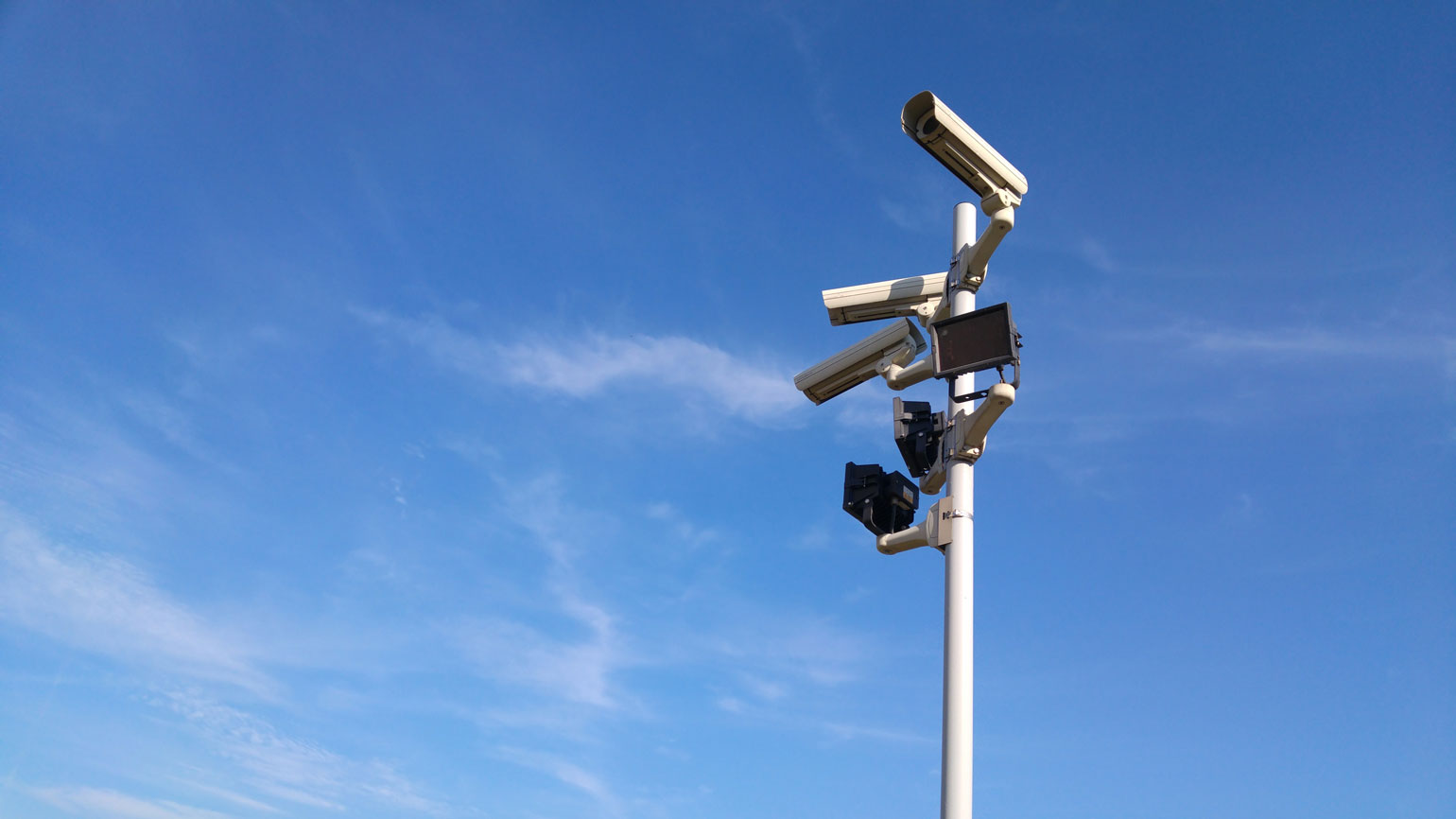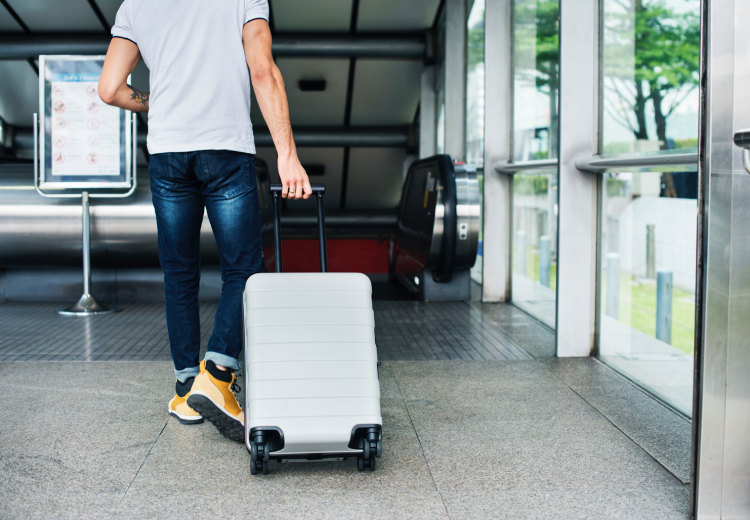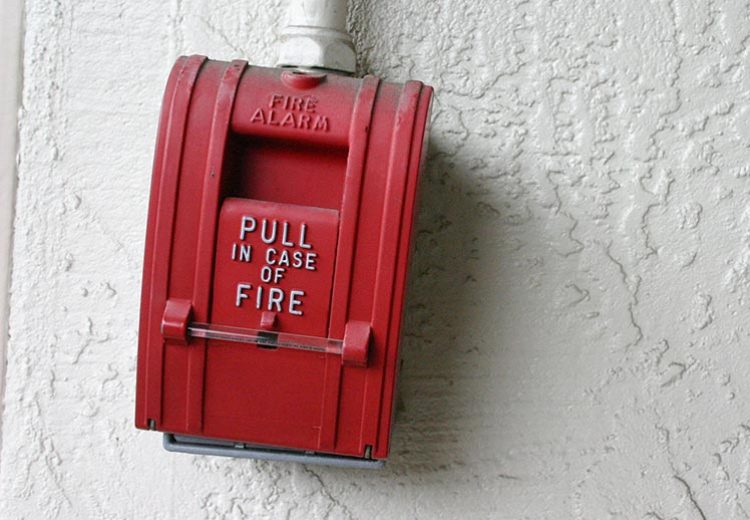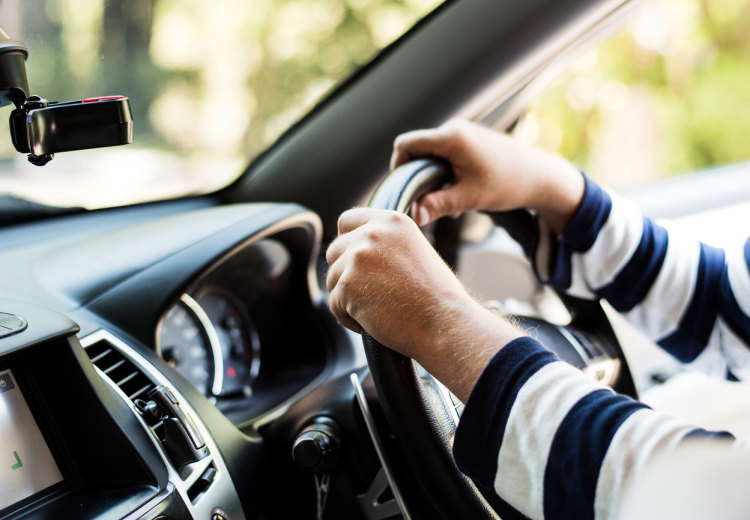
Personal Safety
Crime is low in the Channel Islands and, as such, Jersey is considered a safe destination for residents and tourists. However, personal safety remains an important thing to keep in mind. The following tips will help you stay safe:
- Plan your route before you leave your hotel or guest house.
- Avoid walking alone at night.
- Never leave your personal belongings unattended.
- Only use designated street crossings.
- In case of emergency, dial 999 for ambulance, police or fire and rescue.
Cyber Crime & Facebook
Facebook is a useful, engaging and informative tool - when used correctly. It’s very important to give thought to what you are posting, reading and sharing. We often trust others’ posts, such as those of our family, friends and coworkers, which allows hackers and scammers to more easily target their victims. They target their victims through ‘social engineering,’ or emotionally manipulating social media users to disclose personal information.
Avoid cyber crime on social media platform Facebook with these tips:
- Be a skeptic! Analyse each post carefully and, if it seems like it’s too good to be true, it likely is.
- When permission is requested, be sure to check what data is required before agreeing to third party terms/conditions. Many of these gather personal information such as IP addresses and device details.
- Secure your Facebook account so that only friends can see your updates and where you ‘check in.’ Be careful what you share as no Facebook post is every truly secure. ‘Checking in’ allows others to see where you are and burglars to know that you are not at home.
- Engage with posts sparingly and with thought. Frequently ‘liking’ or ‘reacting’ to and sharing posts allows Facebook to create a detailed inventory of your online behaviours and also helps scammers to spread their posts more broadly.
- What’s posted to Facebook, stays on Facebook. It can be difficult to completely remove updates and images from the network and content found to be offensive can have a negative impact both professionally and socially.
Identity Fraud
Identity Theft: obtaining an individual’s identity unlawfully
Identity Fraud: using that identity for deceptive purposes, likely leading to personal/financial loss for the individual
Your identity can be used to apply for loans, credit cards and benefits, open bank accounts, apply for a license or passport, enter a mobile phone contract, order goods and more.
You are at risk, or may already be a victim, if:
- There are strange charges on your banking statements
- You receive statements for unknown accounts
- Your mail and/or important documents such as banking statements and passports goes missing
If you are a victim of identity fraud, contact the following:
- The Jersey Police
- Your banking and/or credit card institution
- Your credit agency
- The Jersey Post
- Any companies concerned
Identity Fraud Warning Tips
- Only enter credit card and personal info into websites that use encryption
- Do not make payments on shared or public networks or computers
- Install up to date antivirus software on your computer
- Be aware of card skimming, which is when an institution copies your credit card details
- Be aware of phishing, which is when an email is sent in order to get you to visit unsafe websites and enter personal information
- Do not throw away pieces of mail containing personal information
- Do not respond to unsolicited emails
- Do not access unprotected WiFi networks
- Limit the amount of personal information you post on social media networks like Facebook and Instagram
- Do not share your passwords
- Do not use the same password across multiple websites
- Use strong passwords
- Change your passwords frequently
- Do not use obvious passwords
Community Safety
Community safety promotes safe, strong and sustainable communities in which members are able to lead happy, healthy lives without fear of crime. A versatile concept, community safety incorporates many different areas of work:
- Raising awareness of public safety
- Reducing opportunity for crime
- Helping communities stay - and feel - safe
- Reducing fear of crime
- Supporting and assisting victims
- Changing behaviour of offenders
Often used in conjunction with, or in relation to, crime reduction and crime prevention, community safety delves into the social and physical changes that are required to prevent crime, as lined out by local priorities.
The Jersey Police Home Office defines community safety as the following:
“An aspect of quality of life in which people, individually and collectively, are protected as far as possible from hazards or threats that result from the criminal or antisocial behaviour of others and are equipped or helped to cope with those they do experience.”
The Island of Jersey is home to many organizations that aim to assist with crime prevention and community safety! These include the following:
- The Police
- The Honorary Police
- The Ambulance Service
- The Fire Service
- Probation
- Health & Social Services
- Alcohol & Drugs Service
- Andium Homes
- Jersey’s 12 Parishes
Additional groups that can assist are:
- Jersey Youth Service
- Crimestoppers
- Schools
- Women’s Refuge
- Family Nursing and Home Care
- Witness Support
- Victim Support
- Environmental Health
- Jersey Action Against Rape (J.A.A.R.)
- Youth Enquiry Service (Y.E.S.)
- Prison Me No Way
- Parish community support teams







